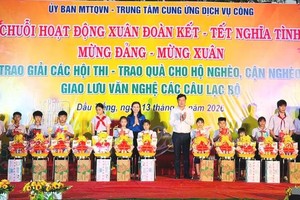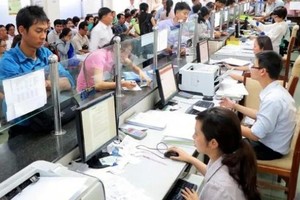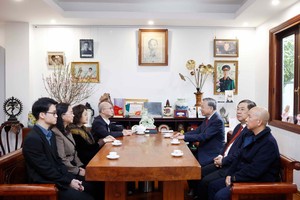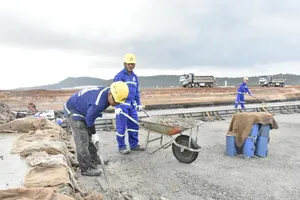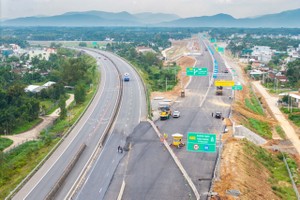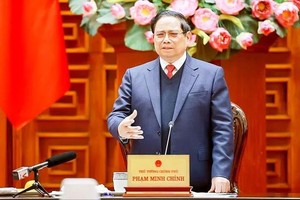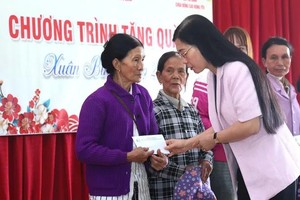Projects help save materials, improve productivity
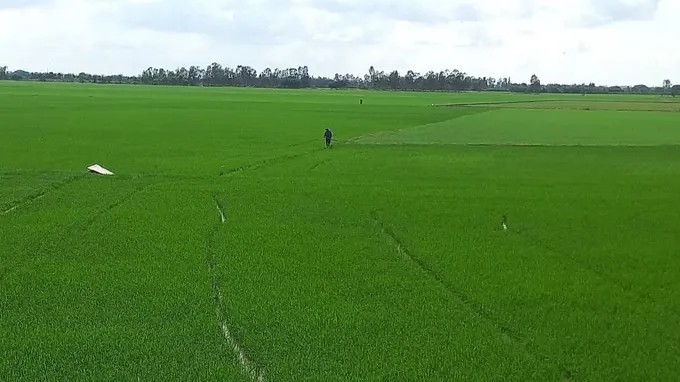
In a rice field that has been sown for more than a month, farmer Muoi Mot in Binh Thanh Trung Commune of Dong Thap Province’s Lap Vo District excitedly said that farmers have harvested 130 tons of rice on an area of 24 hectares for the last summer-autumn crop. Previously, peasants also harvested more than 180 tons for the winter-spring crop and earned high profits from exporting to Europe after rice met the quality standards of this market.
Mr. Muoi Mot revealed that as he participated in the project to establish a sustainable rice value chain for small farmers in the Mekong Delta of the Australian Center for International Agricultural Research (ACIAR) in collaboration with Can Tho University and exporting businesses, he could be able to achieve such productivity.
According to his revelation, in the beginning, experts directly guided farmers to reduce fertilizer use and achieve high efficiency. Farmers can proactively buy supplies, rents for combine harvesters, and drones for sowing and fertilizing at cheaper prices, so they are profitable.
In addition to supporting Dong Thap farmers, the project to establish a sustainable rice value chain for small farmers in the Mekong Delta also assisted Hiep Loi Agricultural Cooperative in the Mekong Delta Province of Kien Giang’s Hon Dat District and farmers in many provinces and cities in the Mekong Delta.
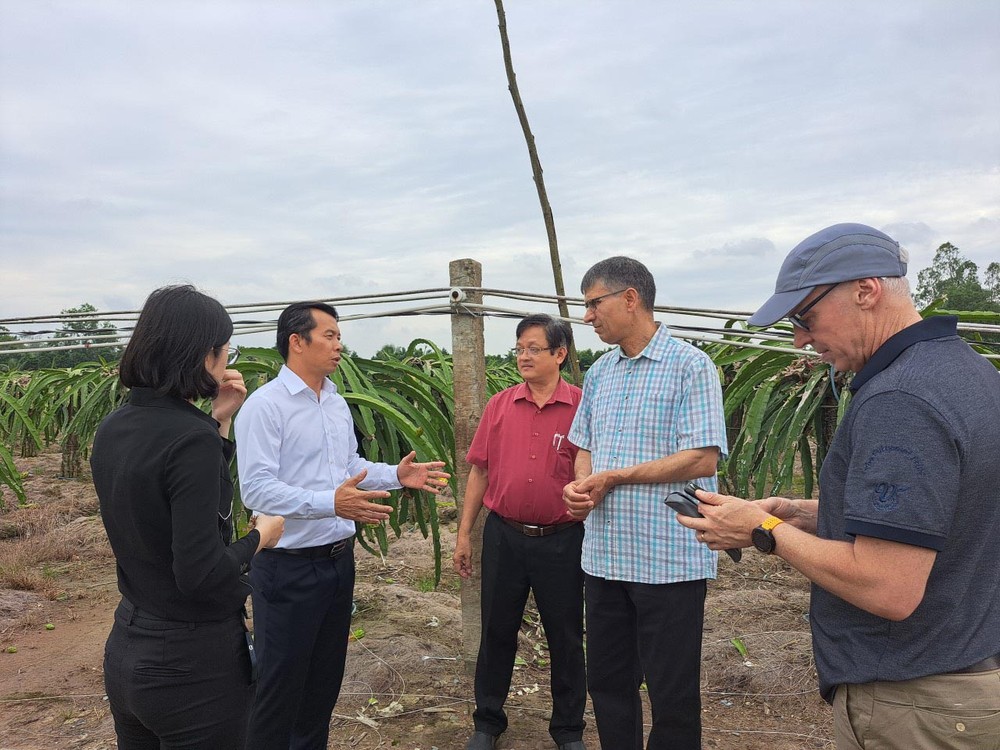
Director of Long An Province-located Hoang Phat Fruit Company Nguyen Khac Huy said that the locally-grown dragon fruits have met the requirements of markets such as Europe, Korea, Japan, and New Zealand thanks to the quality varieties supplied by the project to develop high-end fruit varieties with technology transfer from New Zealand. Project to upgrade dragon fruit varieties to have better quality and copyright for export.
Furthermore, the project also supported the company in terms of scientific foundation and seed production. Currently, this dragon fruit variety is being widely transferred to many other companies.
Healthy agricultural systems
According to the New Zealand Embassy in Vietnam, the Viet Nam-New Zealand Premium Fruit Variety Project was launched to develop the premium fruit industry to improve the income of farmers and businesses along the value chain in 2012. Specifically, the project has cooperated with institutes and schools to develop dragon fruit varieties in Vietnam from 2012 to 2018.
During the 2018-2021 period, the project brought new dragon fruit varieties into commercialization through a production model while between 2022 and 2027, the project continued to transfer skills and technology for growing passion fruit in Son La and Gia Lai provinces, applying smart production methods to cope with diseases and climate.
Similarly, the US Embassy in Vietnam announced that the software project to develop cattle feed rations to increase cattle productivity and reduce emissions in Vietnam has been implemented in recent years.
Experts from the University of California have provided software to creatively formulate animal feed rations. More than 273 officers and experts working in state-owned agriculture organizations and nearly 4,000 students majoring in livestock research have been trained in Vietnam.
In addition, the project also built the first national data warehouse on animal feed with more than 1,100 data points according to US standards, including domestic and imported feed.
Ms. Nguyen Thi Thanh An, Chief Representative of the Australian Center for International Agricultural Research (ACIAR) in Vietnam, said that in the past 30 years, ACIAR has been implementing 243 projects in Vietnam with a total of more than AU$157 million. Moreover, 103 Vietnamese researchers and scientific managers have received ACIAR scholarships.
Recently, ACIAR implemented a project to diversify crops on rice land in saline conditions in the Mekong Delta for the period 2020-2025 with a funding of more than AU$2.3 million while the project to establish a sustainable rice value chain for small farmers in the Mekong Delta for the period 2022-2025 was also funded with AU$2.6 million.





